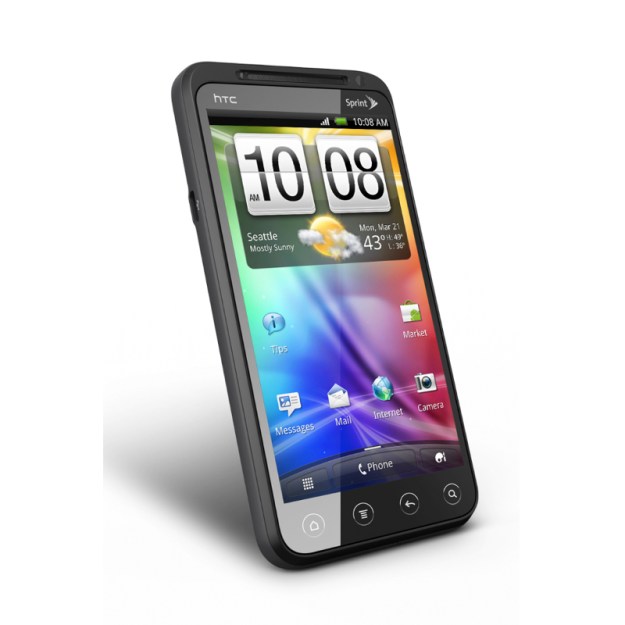
Last summer, phone maker HTC raised eyebrows by announcing it would enable users to unlock the bootloaders on some of its most popular phones, enabling technically-inclined customers to root the devices and install custom operating systems or, really, any darn thing they like. Now, HTC has come through, releasing a tool to unload the bootloader on phones launched after September 2011. HTC also says it is working to make the bootloader operational on phones launched before September 2011.
The company has offered a complete list of devices currently supported by the tool. HTC notes some devices may never be supported by the unlock tool due to operator restrictions.
HTC had previously gone to some lengths to lock down bootloaders on its Android devices—partly as a defense against malicious software—but reversed course in the face of strong feedback from technically-inclined customers who feel that the ability to install their own custom operating systems is a key element of Android’s “openness.” (HTC says it was “overwhelmed by the enthusiasm of our fans.”) After all, what’s the point of an operating system being available as open source if programmers can’t download it and install it on devices?
For ambitious users, unlocking the bootloader may be a quick way to get Android 4 Ice Cream Sandwich onto HTC devices without waiting for official updates.
HTC is clear that it not officially supporting devices that have been unlocked with the bootloader, merely allowing users to unlock their devices at their own risk—and may mean they’re no longer covered by device warranties. HTC also notes that it’s possible unlocking devices may have unintended consequences, including overheating.


